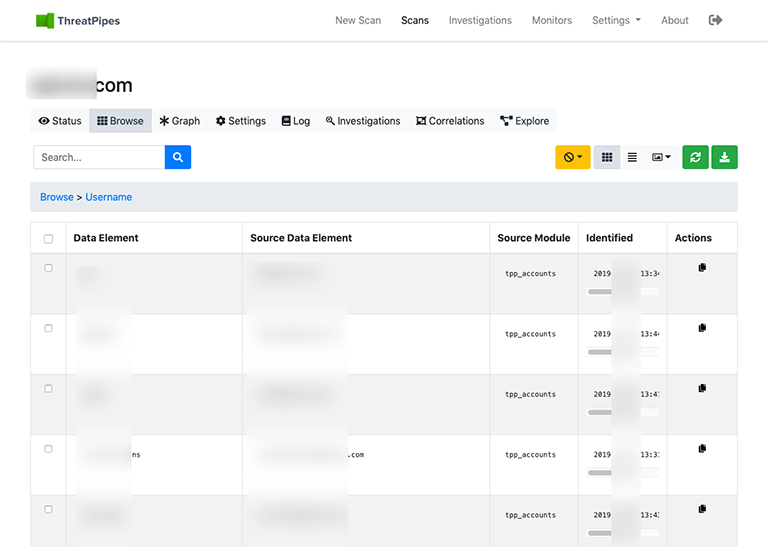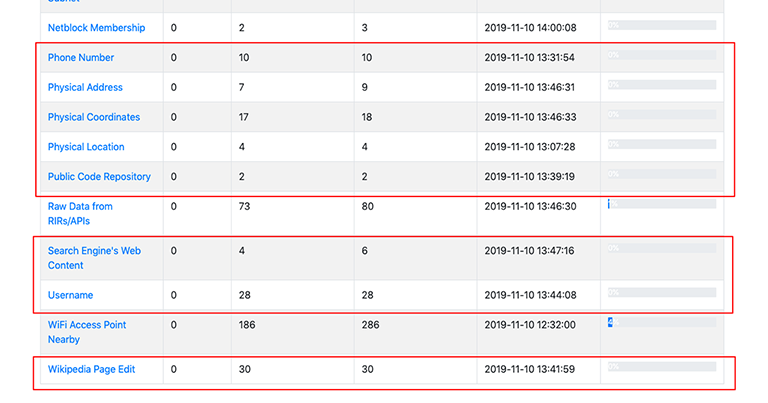In heated arguments I’ll often say things, that no sooner have left my mouth, I regret.
As emotional beings, we often say things we don’t mean.
The internet is a hotbed for this emotional communication, without the regret.
People use their online identities to share 240 characters they would never utter verbally.
Tweets, forum posts, Facebook comments.
We feel safer when communicating online. We are not standing in front of others. We can simply close the browser window if we want don’t want to hear the response.
Would you show that drunk photo of you passed out at a party at a job interview? No?
They’ve probably seen it anyway.

A quick Google search will quickly uncover accounts you’ve created, and their history.
Until MySpace lost their old data, a very embarrassing old account from 16 year old super_dooper_dave remained online. Oh, how I loved to post song lyrics. You can still find remnants of this profile online…
How many online accounts of yours have the same user name?
If you apply to a job, it’s even easier for hiring managers to poke around your online identity using the email and phone number you’ve handed to them.
Even anonymous identities are not so anonymous. Accidental posts to the wrong account. Patterns in posts. Semantics. It’s getting easier to expose you.
I’ll just make them private, or delete them before applying.
…well, it’s not that simple.
Once a Tweet goes out, know that someone, somewhere, is watching.
No matter how quickly you delete it.
Take the furore around the UK general election.
At the time of writing, I believe 5 or 6 candidates have resigned due to previously questionable content they’ve posted online. In some cases, as a result of content posted over 5 years ago.

An ever increasing number of companies are keeping records of old online content, not just social media.
Credentials leaked in old commits.
The list goes on.
Know that someone, somewhere, is watching.
ThreatPipes Modules relevant to this post
- Accounts: Look for possible associated accounts on nearly 200 websites like Ebay, Slashdot, reddit, etc.
- Social Networks: Identify presence on social media networks such as LinkedIn, Twitter and others.
- Social Media Profiles: Identify the social media profiles for human names identified.
- Phone Numbers: Identify phone numbers in scraped webpages.
- Archive.org: Identifies historic versions of interesting files/pages from the Wayback Machine.

